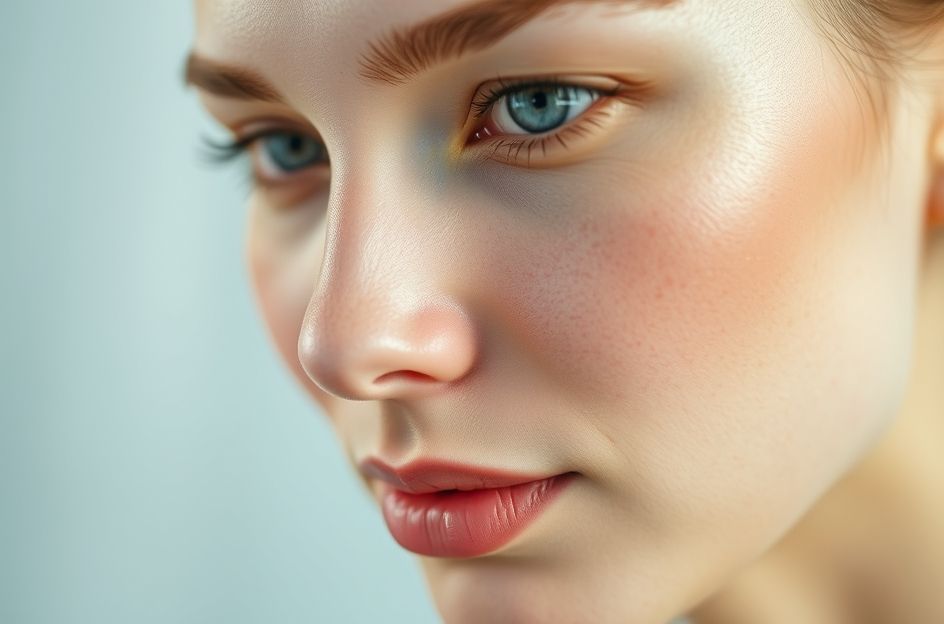Acne is a common skin condition that frequently prompts patients to seek dermatological advice. While it often emerges during adolescence, acne can persist into adulthood, affecting individuals in their thirties and forties. The appearance of blemishes can significantly impact self-esteem, leading to social withdrawal and, in severe instances, symptoms of depression.
The precise cause of acne remains elusive, but several contributing factors have been identified. A family history of acne suggests a hereditary component. Hormonal fluctuations, particularly during puberty, pregnancy, menstruation, and with the use of birth control pills, can stimulate the sebaceous glands, resulting in increased oil production and subsequent breakouts.
Certain behaviors and environmental conditions can exacerbate acne. Picking or squeezing blemishes can spread bacteria, leading to further inflammation and breakouts. Similarly, high humidity and excessive sweating can create an environment conducive to bacterial growth, worsening the condition.
Contrary to popular belief, stress is not a direct cause of acne. However, the emotional distress caused by acne can be significant. Relaxation techniques, meditation, or engaging in calming activities may help manage stress levels. Dietary factors and poor hygiene are also commonly misconstrued as direct causes of acne.
Effective skincare is crucial in managing and preventing acne. Over-washing with harsh cleansers can strip the skin of its natural oils, causing irritation and potentially triggering more breakouts. A gentle cleanser, used no more than twice daily (or three times for very oily skin), is recommended. Look for products containing salicylic acid, which helps to unclog pores.
Astringents should be used sparingly, and only by those with very oily skin, as they can be overly drying. Moisturizing is essential, even for acne-prone skin. Choose an oil-free, non-comedogenic moisturizer specifically formulated for acne-prone skin.
Dermatologists offer a range of treatments, including topical ointments and oral medications for more severe cases. Some prescription medications can increase photosensitivity, making daily sunscreen use (SPF 30 or higher) essential. Chemical peels are another option for skin rejuvenation.
For those seeking at-home treatments, consider medical-grade peels containing Trichloroacetic Acid (TCA), a non-toxic chemical used by dermatologists for decades. These peels exfoliate the skin at a deeper level than many over-the-counter products.
Esthetician’s Choice offers an at-home peel option with easy-to-follow instructions and takes only minutes to apply. Some redness and peeling may occur, revealing clearer skin. Results are often noticeable more quickly than with topical medications. The peel can be used full strength for a deeper exfoliation or diluted for a more gentle treatment. (Note: The original article included a product promotion at the end; while not explicitly promoting here, the information is included for completeness.)
